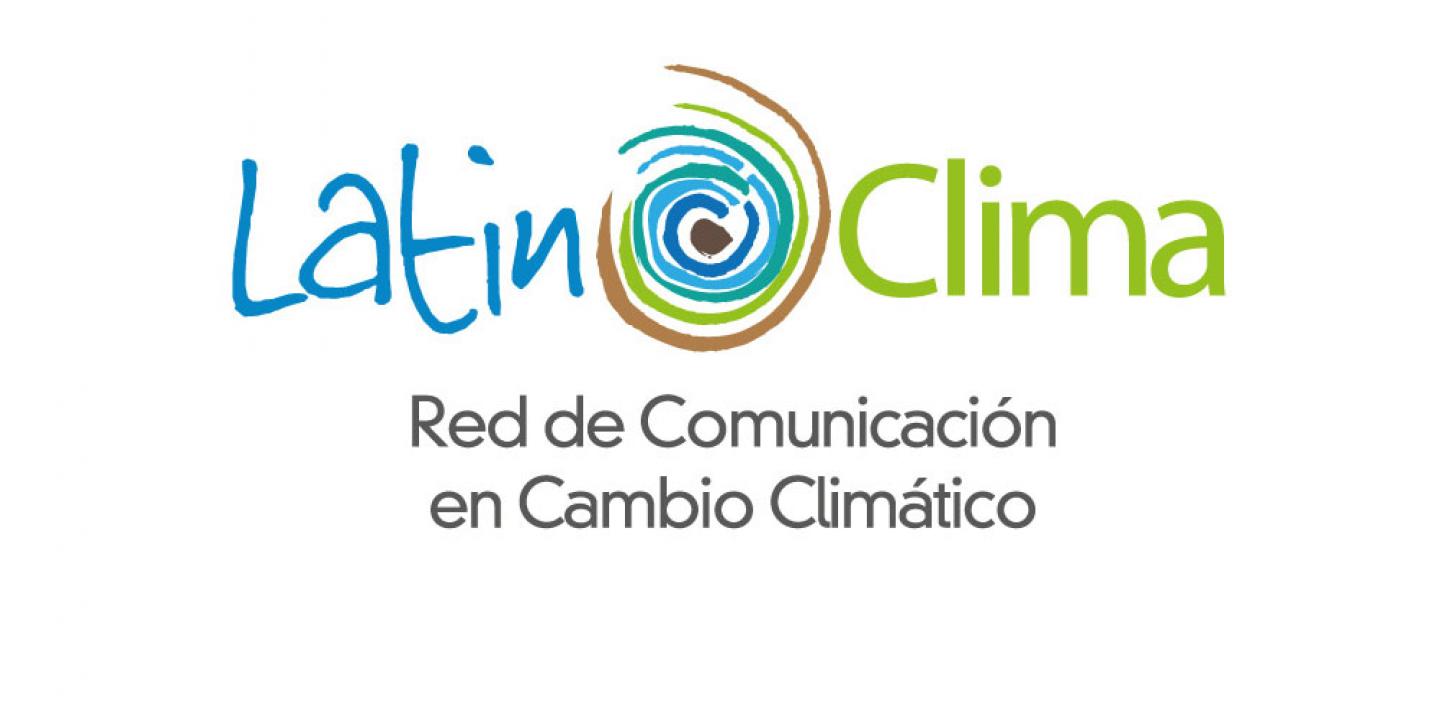A growing number of specialized Spanish-language websites are emerging for journalists who cover specific beats. From crime to climate change, journalists in Latin America now have statistics and sources in their language that are just a keystroke away-- no inaccurate Google translations necessary.
We spoke with Katiana Murillo, the coordinator of the recently launched LatinClima, about this resource for journalists who cover the environment, a site that will likely only grow in relevance as we approach the United Nations Climate Change Conference in Paris, scheduled for late November-early December 2015.
IJNet: What are the goals of LatinClima?
Murillo: The site seeks to be a climate change information center, providing resources in and about Latin America and the Caribbean, as well as create a community of communicators and sources of information around the theme [of climate change] in order to expand and improve the quality of coverage around key topics.
IJNet: When and how did the idea for the site emerge?
Murillo: LatinClima emerged out of Programa ACCIÓN Clima, which was a German-Costa Rican collaboration to support the implementation of the National Climate Change Strategy. I was a communications consultant for that program and [we noticed] that in Latin America, there was a lack of networks that could serve as sources of information around the theme of climate change, informing [journalists] on this subject in the Spanish language. So [LatinClima] was born out of this program [along with the support of] the Ministry of the Environment and Energy.
In the initial phase we approached several organizations; two of them, The Center for the Investigation and Teaching of Tropical Agronomy and the Uruguayan Ministry of Housing, Territorial Code, and the Environment, had similar concerns, so the idea to join forces was born. Their support represented a great value in the sense that it brought other countries into the initiative, and in the case of Uruguay, the power to have representation of the Southern Cone.
IJNet: What sources were available to journalists looking for climate change information in Spanish prior to the launch of LatinClima, and what void does the site fill?
Murillo: LatinClima offers journalists, experts and organizations the opportunity to have their own profile, connect with one another, share and disseminate information about climate change, find more information about key topics, and to participate in other activities. For example, we’re launching a program of interviews and virtual debates for journalists, in which they can interact with experts on different subjects. There was nothing like this, nothing that had all of these features, in the region [prior to the launch of LatinClima].
IJNet: What was the process of developing the site?
Murillo: The site had a design and refinement phase that took around nine months prior to launch. [The site’s design] was informed not only by the recommendations of the [participating organizations mentioned above] but also by the results of a survey we administered to approximately 50 journalists in the region regarding their needs with respect to applications, information and resources [on the subject of climate change], as well as their interest in and availability to participate in virtual activities and presentations.
IJNet: Do you have any examples of journalists who have used the site to inform their reporting?
Murillo: LatinClima launched in April 2015, and despite its short existence, already journalists have approached us to ask about sources we recommend and organizations have contacted us with resources and information they’d like us to disseminate. Some of those organizations include Centro Regional de Cambio Climático para Tomadores de Decisión (Regional Center for Climate Change for Decision Makers) and Global Water Partnership for Central and South America. Initially, we thought that one of the most difficult tasks would be finding information of interest [to post on the site], but we haven’t had any problems with this. We are receiving information constantly. We can tell there was a void in this area.
IJNet: How can journalists use the site to generate ideas or look for experts and sources?
Murillo: LatinClima is open to all types of possibilities and projects. In addition to searching for themes or formats [videos, photos, reports], community members have at their disposal a search function that allows them to search for experts and organizations by subtopic and by country.
IJNet: What else should journalists know about LatinClima?
Murillo: One important thing about LatinClima is that it makes information about climate change accessible at various levels and for a diverse public. Those who don’t qualify to be part of the community because they are not journalists or [climate change] experts/organizations can still subscribe to our bulletin and be kept abreast of climate change news in the region. For this reason, we try to ensure that the information is interesting and precise but not overly technical, and that it not only covers the subject of [political] negotiations, but also themes of daily life for different social groups among whom climate change is an important subject.
Image courtesy of LatinClima

